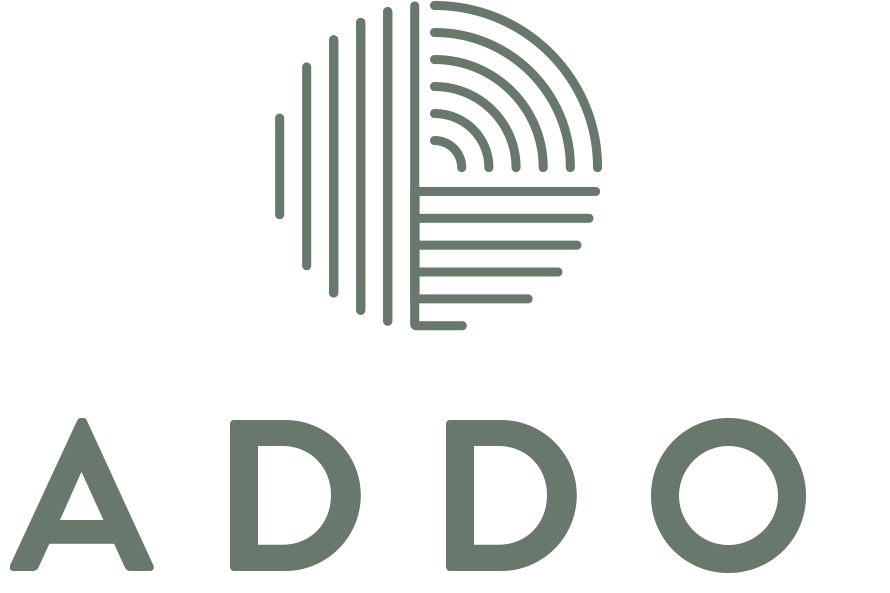CALL:
Addo's Acquisition of Bloom Coaching – A Care Team Model for Enhanced Betrayal Trauma Healing
Announcement
In a groundbreaking initiative, Addo has acquired Bloom Coaching to offer a comprehensive care team model in betrayal trauma healing, integrating therapy and coaching. This new approach is designed to improve clinical outcomes, make therapy more accessible, reduce care costs, and ultimately provide patients with a sustainable path to healing. By combining the structured treatment of therapy with the continuous support of coaching, Addo is reshaping how betrayal trauma is treated, making quality care accessible and effective for those who need it most.
The Vision: Measured Treatment with Improved Outcomes and Reduced Costs
Led by Dr. Kevin Skinner, Co-Founder and Clinical Director at Addo, the integration of Bloom Coaching represents a new era in trauma healing. Traditional therapy often involves lengthy wait times between sessions and limited ongoing support, making it difficult for clients to sustain progress in their everyday environments. By contrast, Addo’s care team model combines the benefits of therapy with daily, hands-on coaching support, helping clients achieve symptom reduction faster and at a reduced cost.
Comparing Models: Traditional Therapy vs. Care Team Model
| Aspect | Traditional Therapy Model | Addo Care Team Model |
|---|---|---|
| Symptom Improvement | Status quo | Improvement in mental and physical health remission outcomes* |
| Support Team | Therapist | Therapist, Coach, Care Team Coordinators |
| Cost Reduction | None | Reduction in costs by up to 13%** |
This care team model enables more clients to reach symptom reduction within four months instead of six and at a cost savings of up to 30%. *Source, **Source
The Role of Coaching in Trauma Healing
Coaching adds a unique layer to trauma healing, addressing in-home challenges directly through daily support, curriculum, and guidance that therapy alone cannot provide. In traditional therapy models or short-term intensives, clients often find themselves struggling when they return to their usual environment without daily support. Addo’s coaching model bridges this gap, creating a sustainable path to healing through:
- Daily Curriculum and Homework: Structured exercises that help clients address their trauma within their everyday routines.
- Coaching Sessions and Anytime Messaging: Coaches support and guide clients through weekly planning, tailored educational content and exercises, expanding their capacity to cope and recover.
- Progress Tracking and Goal Realignment: Coaches regularly assess clients’ progress, focusing on areas like boundary setting and self-care, and provide additional resources to facilitate healing.
This approach is often likened to physical therapy, where clients are guided through exercises that improve their mental and emotional "range of motion"—in other words, their ability to engage in activities they once found fulfilling and essential.
Care Team Model Structure
The care team model offers a seamless experience for clients, combining the expertise of therapists and the continuous support of coaches in a structured plan:
- Initial Meeting with Therapist: The client starts by meeting with their therapist, who conducts a clinical assessment and creates a customized care plan.
- Therapist-Coach Collaboration: The therapist shares the care plan with the coach, ensuring that the support aligns with therapeutic goals.
- Daily Coaching and Support: The coach provides continuous support and guidance, helping the client stay on track with the care plan goals through daily exercises and anytime messaging.
- Therapist Follow-Up: Clients regularly check in with their therapist to assess progress, update the care plan as needed, and adjust their path forward.
Roles within the Care Team
Each member of Addo’s care team plays a critical role in facilitating a comprehensive, supportive, and adaptive healing process:
Therapist
Therapists bring expertise in trauma healing, working with clients to create an individualized treatment plan that addresses core beliefs, trauma symptoms, and long-term healing goals. Therapists provide:
- Clinical assessments and ongoing treatment plan creation
- Trauma therapy (EMDR, ART, and other evidence-based approaches)
- Core beliefs work and behavioral adjustments
- Collaborative updates with coaches
Coach
Coaches are essential for daily support and reinforcement, ensuring clients adhere to their care plans and achieve tangible progress. Coaches provide:
- Regular coaching sessions to set and achieve goals aligned with the care plan
- Anytime messaging support to bridge gaps between sessions
- Assignment of relevant content and exercises related to the care plan
Care Team Coordinator
Coordinators manage logistics and provide technical support, ensuring that clients can easily access care when they need it most. Responsibilities include:
- Scheduling for both the therapist and coach
- Helping clients complete clinical assessments
- Offering immediate help in challenging moments
Summary
Addo’s acquisition of Bloom Coaching marks a transformative shift in betrayal trauma healing. By adopting a care team model that blends structured therapy with continuous coaching support, Addo empowers clients to achieve faster and more sustainable symptom relief. This approach not only reduces overall treatment costs but also addresses the critical need for in-home solutions to in-home problems—offering clients a practical, actionable, and more hopeful path toward healing.
The integration of coaching into trauma care positions Addo as a leader in mental health innovation, committed to delivering accessible and effective care for all who seek it. This holistic approach, combining traditional therapy with daily, personalized support, will redefine the standard of care for betrayal trauma healing.



